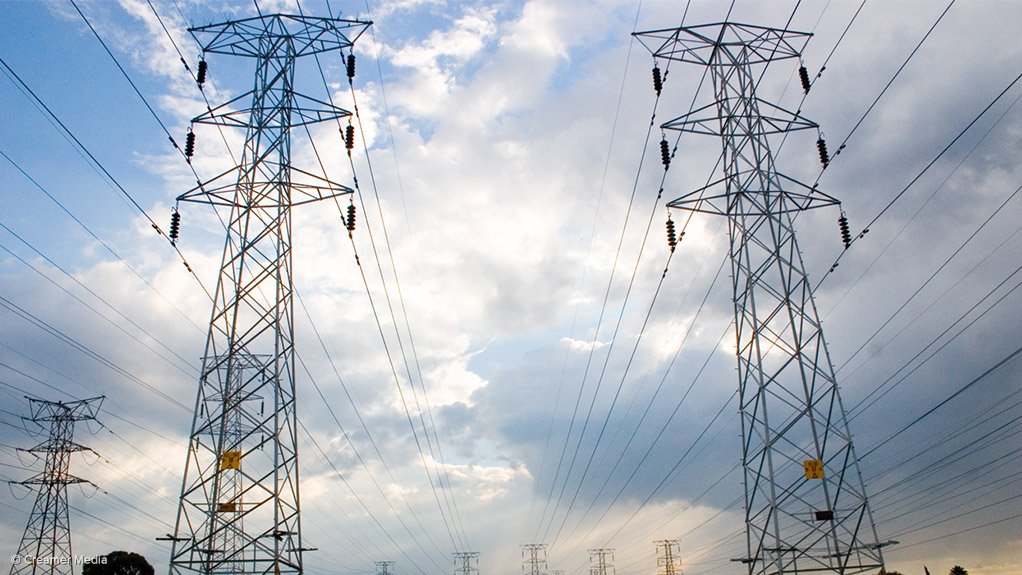Globally, the power industry is facing a perfect storm of unprecedented challenges and companies failing to stay ahead of the curve face an uncertain future, PwC said on Wednesday.
As South Africa – and the world’s – power sector rapidly transformed, new business and market models would need to be adopted to adjust to the “forces” that were driving a complete transformation in how electricity was generated and by who.
Speaking at a media roundtable discussing the highlights of a new report, PwC Africa power and utilities leader Angeli Hoekstra said that “megatrends” were disrupting the industry and creating new opportunities and challenges that would shift customer behaviour, enable new forms of competition, require different electricity generation models and push changes in regulation.
Unpacking the highlights of ‘The Road Ahead: gaining momentum from energy transformation’ report, she pointed to global shifts such as demographic and social change, shifts in global economic power, rapid urbanisation, climate change and resource scarcity and technological changes.
“The disruption taking hold in the power sector is just the start of a transformation in the energy industry,” she said.
New market models were already taking shape and new business models would be pursued as countries and regulators move to increase access to reliable electricity supply and existing power utilities attempt to “keep up with the change and alter their course”.
The shifts would require companies to develop new market models, such as local energy systems, command and control, ultra-distributed generation and supergrids, as well as new business models, such as the “product innovator”, “network manager”, “grid developer”, “partner of partners” and “virtual utility” models, besides others.
The world’s utility CEOs were already aware of the rapid shift, with the PwC report showing that less than 10% of CEOs believing that utility business models would remain the same in 2030.
Just over 40% of the CEOs surveyed believed that the business models would be completely transformed, while 53% said it would remain similar with important changes made.
In the Middle East and Africa, only 20% believed it would be transformed, while 70% believed that it would stay the same with some important tweaks.
But Africa faced the additional transformation-driving forces of low electricification levels, skills scarcity, increased global interest in its growth market, ageing and badly maintained systems and continent-wide intergovernmental relations and power pools.
Hoekstra pointed out that African governments, businesses, regulators, incumbent and new utilities, donors, investors and customers would be required to collaborate to increase access and supply of reliable electricity and embrace new market and business models.
She added that people might believe that struggling power industries were an Africa-specific challenge; however, utilities worldwide were battling amid the changes.
South Africa, which had the highest electrification in Africa but was struggling to keep the lights on, was also “not unique in the world” with regards to its challenges.
South Africa had fallen behind in utility maintenance and investment in the sector and was currently implementing rotational rolling blackouts to ease the strain on its national electricity grid.
“This happens around the world,” Hoekstra assured South Africans.
However, the energy sector’s transformation, while set to face many hurdles, was a move in the “right direction”.
EMAIL THIS ARTICLE SAVE THIS ARTICLE
To subscribe email subscriptions@creamermedia.co.za or click here
To advertise email advertising@creamermedia.co.za or click here











